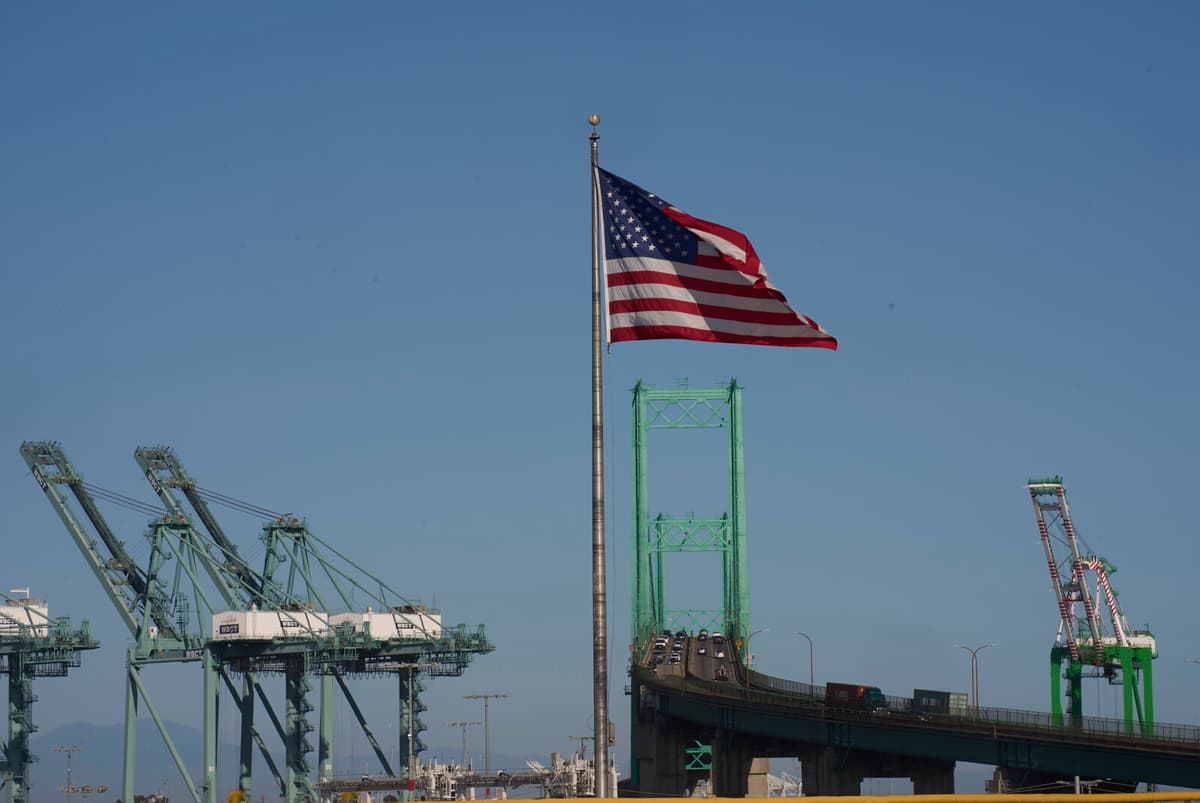The President of the USA, Donald Trump, has ahead of the talks raised the tone and declared that he will not extend his so-called tariff pause, which expires on July 9.
”A genuine political will”
At the same time, Bloomberg reports, with reference to sources, that the EU is ready to accept general US tariffs on all EU goods at 10 percent, but that the EU Commission is pushing to get exemptions from the US's 25-percent tariffs on cars and car parts and 50-percent tariffs on steel and aluminum – tariffs that are already applied by the US despite Trump's tariff pause.
A negotiated and mutually beneficial solution is still what we prefer, says a spokesperson for the EU Commission to the news agency.
At the same time, says Stephen Miran, chairman among the White House's economic advisors, that he is optimistic that it is possible to reach an agreement between the EU and the USA in the matter, as there is ”a genuine political will” to get there.
A proper tariff war cannot, however, be ruled out. Without an agreement, Trump has threatened to raise the US's general tariffs on all goods from the EU from today's 10 percent to 50 percent. And the EU – which so far has refrained from countermeasures against all Trump tariffs – has prepared two packages of countermeasures, with high tariffs on everything from bourbon, motorcycles to aircraft from the USA.
It would be a historic economic shock, says Gustav Helgesson, macro strategist at the major bank SEB.
Germany ready to make a deal
He adds that this scenario is not what the market is counting on right now. But if it nonetheless ends in a tariff war, Helgesson warns of significant stock market declines, significantly higher inflation in the USA, and a considerable setback for the world economy and global trade.
The German government – pressed by several years of hard economic headwind in the export-dependent economy – is, according to Politico's sources, ready to back down and make a deal with Trump at almost any price in the tariff issue. The French government is driving a more protectionist line and would rather continue to push for a better agreement further ahead.






